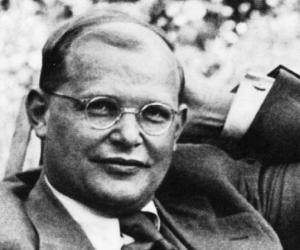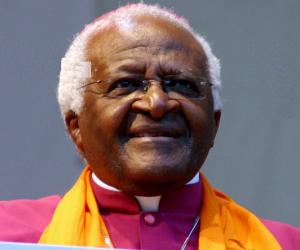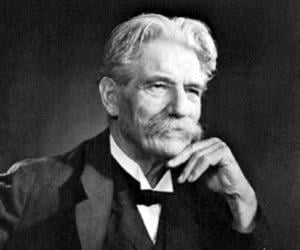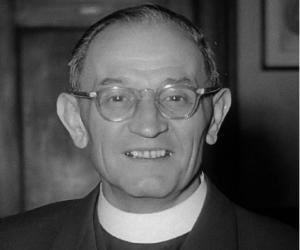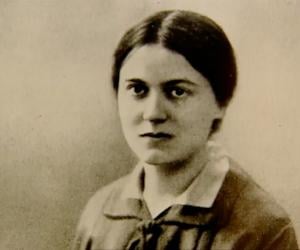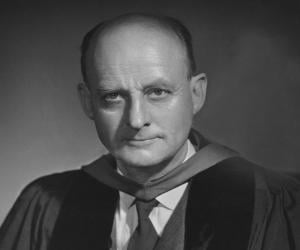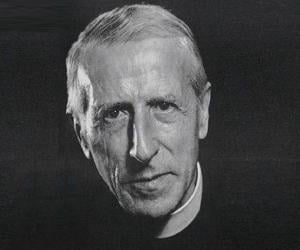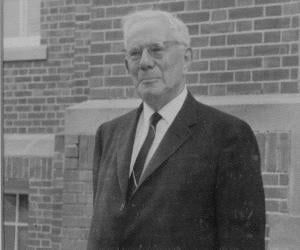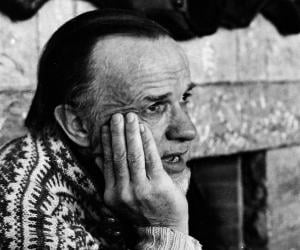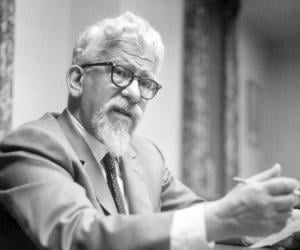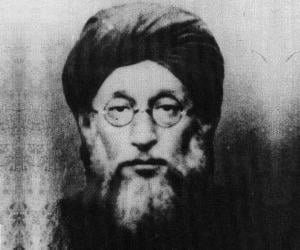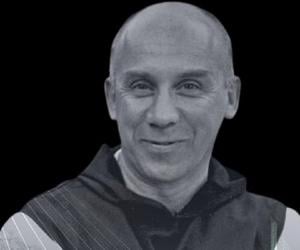Albert Schweitzer was an Alsatian polymath who won the Nobel Peace Prize in 1952 for his philosophical work, Reverence for Life. He is credited with founding the Albert Schweitzer Hospital, which was a direct result of his philosophical expression. Schweitzer is also credited with influencing the Organ reform movement, which began in the mid-20th-century.

Initially a professor of theology, philosopher Rudolf Otto later contributed to some of the most significant works of theology, such as The Idea of the Holy. He was also a member of the Prussian Parliament and is remembered for his services to Christianity and his idea of numinous.
Edith Stein was a German Jewish philosopher who studied at the University of Freiburg and completed her dissertation on empathy. Always interested in Catholicism, she read the autobiography of the mystic Teresa of Ávila and converted to Christianity, and became a Discalced Carmelite nun. She was killed in the Auschwitz concentration camp and is canonized as a martyr.
French paleontologist and Jesuit priest Pierre Teilhard de Chardin is remembered as someone who deviated from theology to science. He discovered the fossilized remains known as the Peking man in China, but faced a lot of opposition from his religious superiors when it came to publishing his scientific thoughts.
German-American theologian and philosopher Paul Tillich is remembered for his work in the field of Christian existentialism and for concepts such as the method of correlation. His notable works, such as The Courage to Be and the three-volume Systematic Theology, has inspired intellectual thinkers and commoners alike.
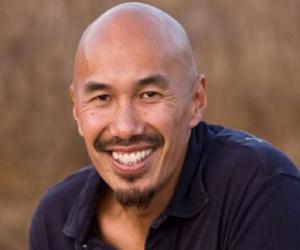
The Cornerstone Church and Eternity Bible College founder Francis Chan is a popular Protestant preacher. Apart from authoring the New York Times bestseller Crazy Love, Francis has also penned children’s books such as Halfway Herbert and Ronnie Wilson's Gift. He has also co-launched the discipleship movement named Multiply.
Francis Schaeffer was an American philosopher, evangelical theologian, and Presbyterian pastor. He is credited with co-founding the L'Abri community, an evangelical Christian organization, along with his wife Edith Schaeffer. Francis Schaeffer's work has influenced several Christian conservative leaders like Tim LaHaye as well as members of the L'Abri community.

N. T. Wright is an English New Testament scholar. Also a Pauline theologian and Anglican bishop, he served as the bishop of Durham from 2003 to 2010. He calls for a biblical re-evaluation of theological matters and has authored several books and seminars about theology and Christian life. He is highly regarded in academic and theological circles.
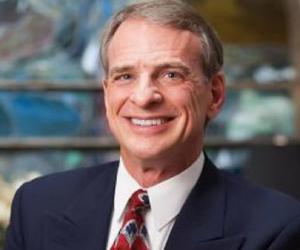
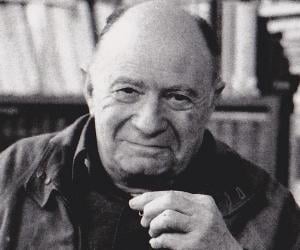
French philosopher, Christian anarchist, and social scientist Jacques Ellul initially wished to be a naval officer but was pushed to study law. He is best remembered for his iconic volume La Technique, or The Technological Society. He taught social history and the history of law at various universities.
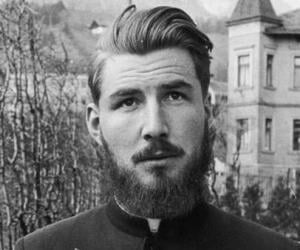
Son of a top Nazi official, laicized Roman Catholic priest Martin Adolf Bormann found shelter in a church after Germany lost the war. Ordained as a priest, he later served in Congo before leaving the ministry to become a teacher of theology. After retirement, he began traveling across Germany and Austria, talking about the horrors of Nazi rule in schools.
Born into a family of rabbis in Warsaw, Abraham Joshua Heschel managed to move to London before Germany’s invasion of Poland but lost his mother and sisters to the Holocaust. The theologian eventually set base in New York, where he continued his work on Jewish philosophy and American civil rights.
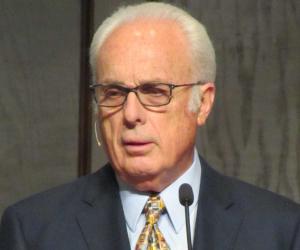
John F. MacArthur is an American author and pastor best known for his television and radio program Grace to You which is broadcast all over the world. MacArthur has been playing an important role in the prosperity of a non-denominational, evangelical megachurch called Grace Community Church where he has been serving as a pastor-teacher since 1969.

Catholic theologian Hans Urs von Balthasar was one of the chief figures behind the formation of the Community of St. John. He also co-launched the Catholic journal Communio and penned numerous books on themes such as classical literature. Declared a cardinal, he died shortly before his investiture.
Ahmed Raza Khan Barelvi, also known as Ala-Hazrat, was a renowned Islamic scholar and an Urdu poet. Born in Bareilly, British India, he belonged to a family of Rohilla Pushtuns who had migrated from Qandahar. He wrote about various subjects such as philosophy, science, and astronomy.

Karen Armstrong is a British commentator and author best known for writing books on comparative religion. Her work emphasizes the commonalities of major world religions like the Golden Rule and the importance of compassion. Karen Armstrong has received several prestigious awards, such as the Freedom of Worship Award and the Nayef Al-Rodhan Prize for Global Cultural Understanding.
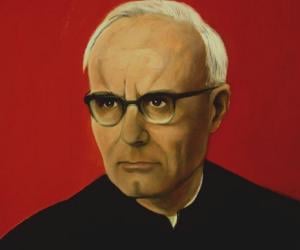
One of the most significant theologians of the 20th century, Karl Rahner was a disciple of Martin Heidegger at the University of Freiburg. His works such as Spirit in the World and Hearers of the Word showcase the Roman Catholic doctrine and its many interpretations.
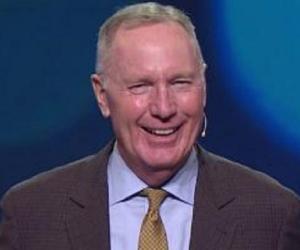

R. C. Sproul was a Reformed theologian. He was an ordained pastor in the Presbyterian Church in America and also the founder and chairman of Ligonier Ministries. He has been described as the greatest proponent of the recovery of Reformed theology in the 20th century. He was a popular speaker and a co-pastor at Saint Andrew's Chapel as well.
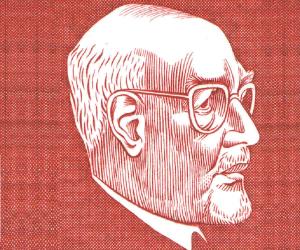
German rabbi and spiritual leader Leo Baeck remains a symbol of liberal Jewish thinking of the Nazi era. He is best remembered for The Essence of Judaism and This People Israel, the latter of which was penned by him while in a Nazi concentration camp.

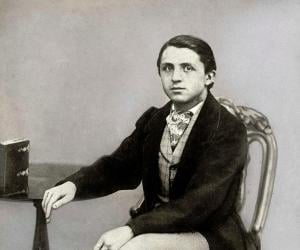
After studying subjects such as literature and theology, Abraham Kuyper became a pastor and founded the Calvinist paper De Standaard. He later established the Anti-Revolutionary Party and also served the Netherlands as prime minister. He was also the founder of the Reformed Churches in the Netherlands.
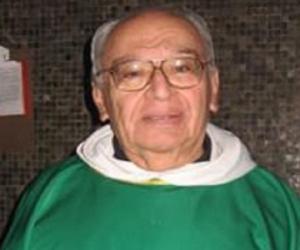
Gustavo Gutiérrez is a Peruvian Catholic theologian, philosopher, and Dominican priest. A respected theologian, Gutiérrez has served as a visiting professor in many prestigious universities in Europe and North America. Gustavo Gutiérrez has also taught at the Harvard University, the University of Michigan, the University of Cambridge, and the University of California, Berkeley among other schools.
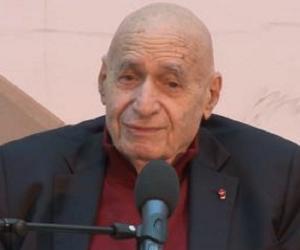
Born in Austria, Peter L. Berger initially moved to Palestine and eventually to the U.S. after World War II. While aspiring to be a Lutheran minister, he ended up being a sociologist. He taught at various institutes, such as Boston University, and penned the iconic book The Social Construction of Reality.
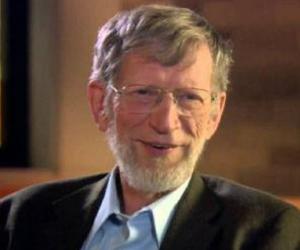
Alvin Plantinga is an analytic philosopher best known for his work in the fields of epistemology, philosophy of religion, and logic. He has also served as a professor at institutions like the University of Notre Dame. From 1983 to 1986, he served as the Society of Christian Philosophers' president and is sometimes regarded as the greatest Christian philosopher alive.
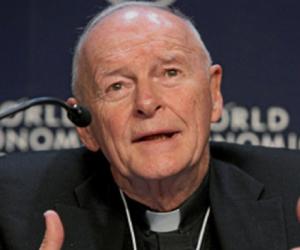
Theodore McCarrick is a former cardinal and laicized bishop of the Catholic Church. He became the first cardinal to resign from the College of Cardinals because of sexual abuse claims in July 2018. Known as a champion of progressive Catholicism and social justice causes, McCarrick was found guilty of sexual crimes and abuse of power. He was dismissed from clergy in 2019.

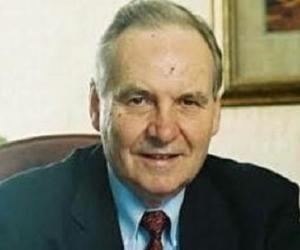

John Ortberg is an evangelical Christian speaker and author. A prolific writer, John Ortberg's book If You Want to Walk on Water, You've Got to Get Out of the Boat won the 2002 Christianity Today Book Award. In 2008, his book When the Game is Over, It All Goes Back in the Box won the ECPA Christian Book Award.
American Trappist monk and theologian Thomas Merton was ordained a priest and named Father Louis. He was a member of the monastery Abbey of Our Lady of Gethsemani. He is remembered for his bestselling autobiography, The Seven Storey Mountain, and for his study of Eastern religions such as Buddhism.

A professor of New Testament at the University of Marburg, Rudolf Bultmann was a German theologian, known for his work on demythologization, a process that separates cosmological and historic claims from philosophical, ethical and theological teachings. An influential theologian of the post-war era, he undertook pioneering research in historical Jesus, attempting to reconcile faith and reason in a modern context.
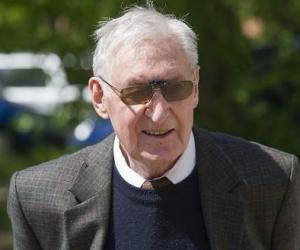
Horst Kasner is best remembered as the father of German chancellor Angela Merkel. Part of Hitler Youth, he had served Hitler’s army during World War II and was held prisoner at 19. He later became a Protestant theologian and pastor in the town of Templin.
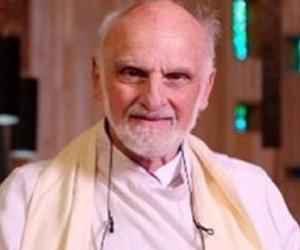
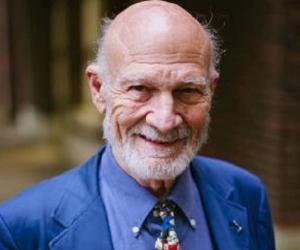
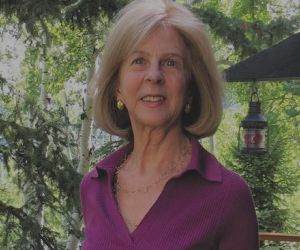
Elaine Pagels is an American historian who serves as a professor at Princeton University. Pagels, who is credited with conducting extensive research into Gnosticism and early Christianity, came up with the influential book The Gnostic Gospels. The book has been named among the 100 best books of the 20th century by Modern Library.

Avery Dulles was a Jesuit priest, cardinal of the Catholic Church, and theologian. Renowned for his skills as an author and lecturer, Dulles was associated with Woodstock College and the Catholic University of America from 1960 to 1974 and from 1974 to 1988, respectively. Over the course of his illustrious career, Avery Dulles received several prestigious honors and awards.

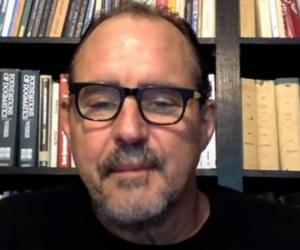
An advocate of Anabaptism and pacifism, pastor Gregory A. Boyd is associated with the Woodland Hills Church and also leads Reknew.org. He has also penned books such as Seeing is Believing and The Myth of a Christian Nation, teaches theology at Bethel College, and has appeared on TV and radio shows.
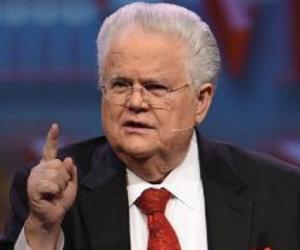
The founder of the John Hagee Ministries and the Christians United for Israel, John Hagee has also established the Cornerstone Church in San Antonio, Texas. He has penned several bestsellers, such as Absolute Power, and is also known for his controversial concepts, such as the blood moon prophecy.
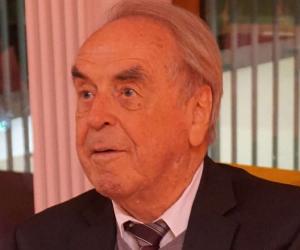
Currently Professor Emeritus of Systematic Theology, German Reformed theologian, Jürgen Moltmann, is especially known for developing a form of social trinitarianism. Describing his views as Post-Barthian, he has penned down numerous works including Theology of Hope, The Crucified God, God in Creation etc. He is of the view that God suffers with humanity, while also promising a better future through the hope of the Resurrection

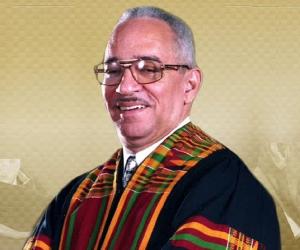
Dr. Jeremiah Wright had initially served the Marine Corps before joining the U.S. Navy as a cardiopulmonary technician. He has also been a professor, and his research interests include Black Sacred Music and African diaspora studies. He also led the Trinity United Church of Christ as a pastor.

English Puritan minister John Owen was a strong advocate of Congregationalism and a close associate of Oliver Cromwell. He also served as the Vice-Chancellor of Oxford University. A proponent of Calvinism, or Reformed Theology, he also penned works on theological history and other religious topics.
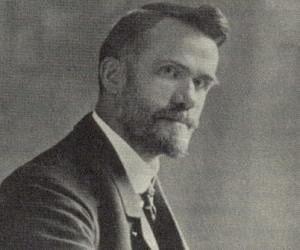
Walter Rauschenbusch was an American Baptist pastor and theologian. He played an important role in the single tax and Social Gospel movements by propagating the importance of theology through his book A Theology for the Social Gospel which he published in 1917. Walter Rauschenbusch's work influenced prominent personalities like Martin Luther King Jr., Norman Thomas, Desmond Tutu, and James McClendon.

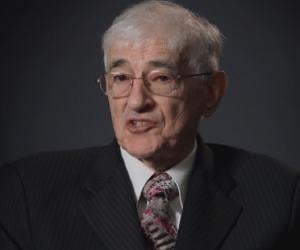
Irish-American theologian John Dominic Crossan, who has previously been a Roman Catholic priest, was also associated with the Jesus Seminar. It is believed, he had quit Catholic priesthood to marry Margaret, his professor wife, and had then focused on teaching and writing. His written works include Who Killed Jesus?
